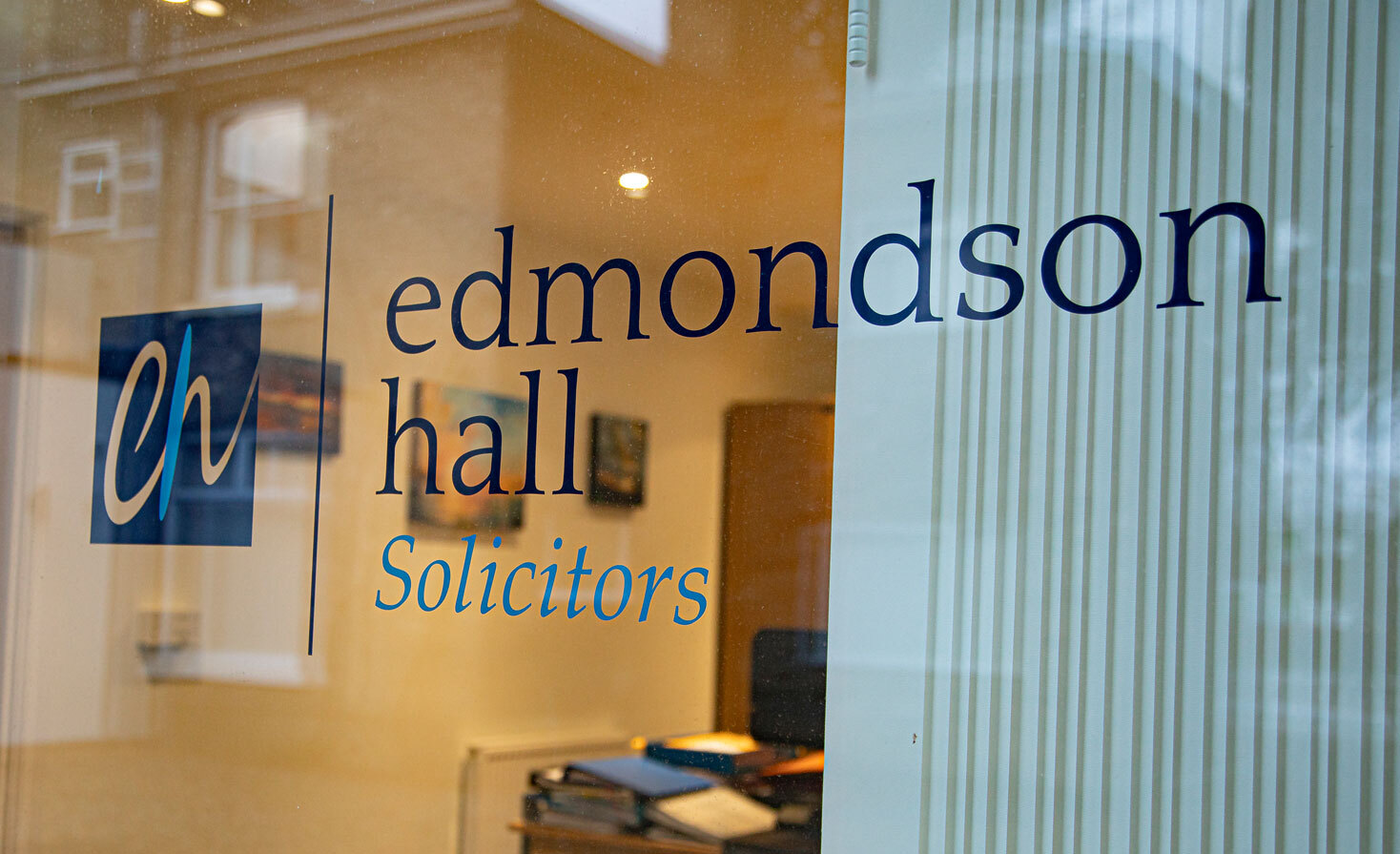Decision to litigate at court is not an easy option, especially in family law dealing with difficult issues like how much time a child spends with their parents or finalising a divorce settlement. If you can agree an alternative route you should do so. So what does this include? Alternative Dispute Resolution (ADR) includes a number of things, from simply sitting down over a cup of tea with your former partner to draw up a parenting plan to the more formal approaches:
- Mediation
- Arbitration
- Collaborative Law
- Round Table
- Private FDR
Do not forget that many forms of ADR, including mediation, can be tried even if a court case has already started. It is never too late to try and find an alternative, but doing so can sometime be a brave choice to make.
MEDIATION
Mediation can help you reach an agreement about issues arising from your separation (e.g. children, finances, communication). Mediation is voluntary. Mediators are impartial, do not advise you, and cannot impose a decision upon you. If one of you is on a low income you may qualify for legal aid to help with the cost of mediation. Mediation often works best if you have some legal advice alongside it. Visit FMC for more information.
ARBITRATION
Arbitration is voluntary, but once you have agreed to go to arbitration an arbitrator will make a binding decision instead of a judge. The decision can be enforced in court. Arbitration is available to resolve financial and children based disputes. Take a look at IFLA for more information.
COLLABORATIVE LAW
Both parties instruct lawyers trained as Collaborative Lawyers who work together in an attempt to achieve a resolution and are less restricted in their dealings with the other lawyer than would normally be the case. If an agreement can’t be reached the Collaborative Lawyers drop out and the parties have to instruct fresh lawyers for any court case that follows. See Resolution for more info.
ROUND TABLE
Parties and their lawyers agree to set aside a day to come together and attempt to negotiate a settlement in an attempt to avoid court. Most often used where there are significant assets or a particular need for privacy.
PRIVATE FDR
Parties pay an experienced lawyer, retired or part time judge to carry out a “Financial Dispute Resolution Hearing” for them with the aim of reaching a settlement about finances. An FDR is a hearing where a judge hears a summary of the parties positions and gives guidance to them about






